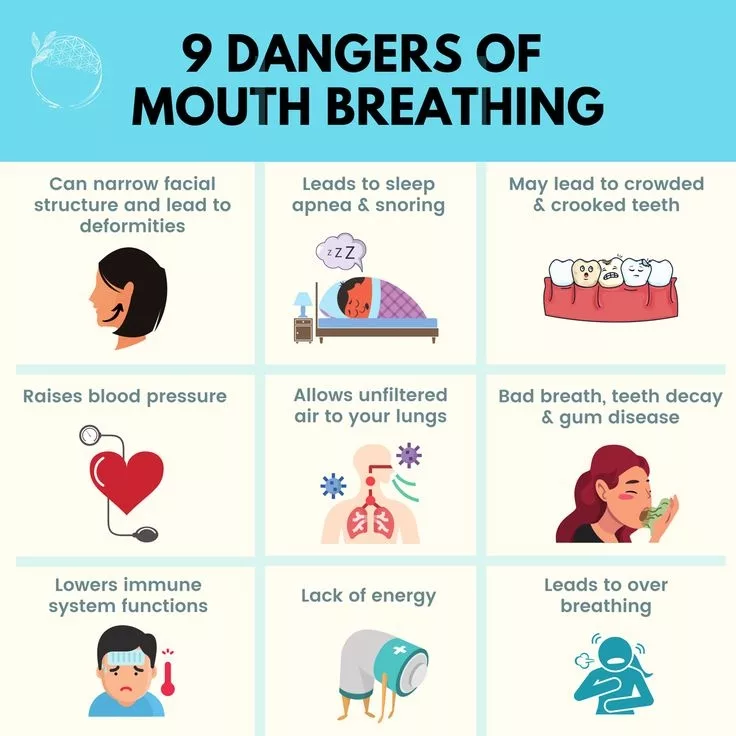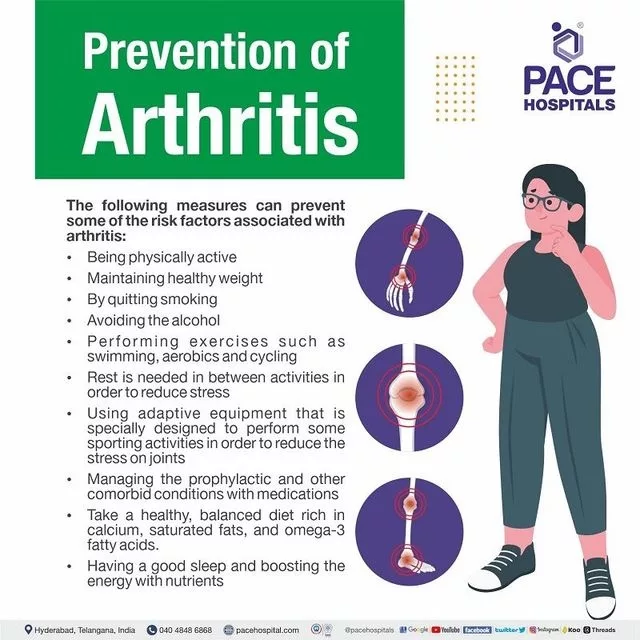Understanding Panic Disorder: Causes, Symptoms, and Treatments
Hello, I want to talk with you about panic disorder. Do you know about panic disorder? It’s a really challenging condition, but if we understand and treat it, we can live a better life. Today, we are going to learn about the causes, symptoms, and treatments of panic disorder. I hope that by learning together, we can help each other understand. Let’s begin.
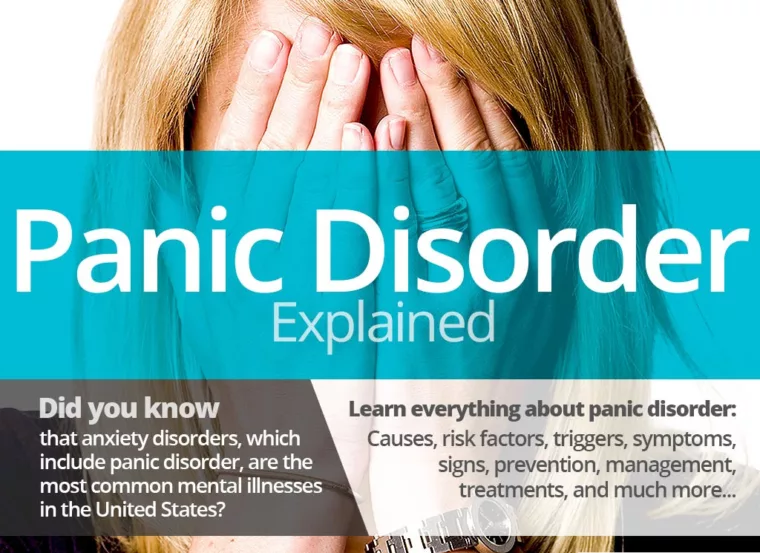
- What is Panic Disorder?
Panic disorder is defined as a psychological condition characterized by sudden fear and anxiety. These fears and anxieties can continuously affect daily life and limit everyday activities. Panic disorder is not just a temporary state of anxiety but a long-term psychological condition.
- Identifying the Causes
Panic disorder can be caused by various factors. Genetic factors, psychological trauma, and environmental factors can act as causes of onset. Additionally, external factors like stress can also influence the development of panic disorder.

- Major Symptoms of Panic Disorder
Panic disorder has various symptoms. Major symptoms include obsessive fear, increased heart rate, shortness of breath, and a loss of reality. These symptoms can appear in an aggressive and intense form and can vary in degree and frequency depending on the individual.
- Understanding the Diagnosis Process
To be diagnosed with panic disorder, one must go through a precise diagnosis process. The main methods of diagnosis include physical examinations, mental state evaluations, and symptom records. Through this diagnosis process, doctors can determine whether it is panic disorder and suggest appropriate treatment methods.

- Distinguishing Similar Mental Health Issues
Panic disorder and other mental health issues can differ in various aspects. Here are some key differences:
Symptom Characteristics:
- Panic Disorder: Characterized by sudden panic attacks, which include severe anxiety, fear, increased heart rate, shortness of breath, sweating, etc. Panic attacks occur unexpectedly and can cause intense fear each time they happen.
- Generalized Anxiety Disorder (GAD): Features persistent and excessive worry and anxiety. This worry can occur without a specific situation or object.
- Major Depressive Disorder: Its main features are a persistent feeling of sadness, loss of interest or pleasure, lack of energy, etc. Unlike panic disorder, major depressive disorder does not feature panic attacks.
- Obsessive-Compulsive Disorder (OCD): Characterized by repetitive obsessive thoughts (unwanted or unnecessary thoughts) and compulsive behaviors (the compulsion to repeat certain behaviors). Unlike panic disorder, it focuses on specific obsessive thoughts or behaviors.
Treatment Methods:
- The treatment for panic disorder may include medication, Cognitive Behavioral Therapy (CBT), etc., focusing on managing and preventing panic attacks.
- Anxiety disorders, major depressive disorder, obsessive-compulsive disorder, and other mental health issues can also be treated with medication and psychotherapy, but the specific approach to treatment varies according to the characteristics of the disorder. For example, in major depressive disorder, the focus is on improving mood, while in OCD, the focus is on reducing obsessive thoughts and behaviors.
Causes and Risk Factors:
- The causes and risk factors for each mental health issue vary, with some being influenced by genetic, environmental factors, and biological differences. Panic disorder, in particular, can occur after severe stress or specific life events, and other mental health issues are also influenced by their respective factors.
- Treatment Options and Approaches
There are various treatment options for panic disorder. Commonly used treatment methods include medication and psychotherapy. Medication treatment uses drugs such as anxiolytics or antidepressants to treat panic disorder. Psychotherapy involves talk therapy, behavioral therapy, etc., to solve an individual’s psychological problems and overcome panic disorder.

- Medication Treatment and Usage
Medication treatment plays an important role in the treatment of panic disorder. Commonly used medications include anxiolytics, antidepressants, and anti-anxiety medications, and it’s necessary to use appropriate drugs as prescribed by a doctor. Medication treatment varies depending on the individual’s condition, and regular intake and consultation with a doctor are needed.
- The Effectiveness of Psychotherapy
Psychotherapy is very effective in overcoming panic disorder. Talk therapy, behavioral therapy, etc., can help solve an individual’s psychological issues and bring about positive change. These psychotherapy methods can alleviate symptoms and prevent the recurrence of panic disorder over a long-term treatment process.
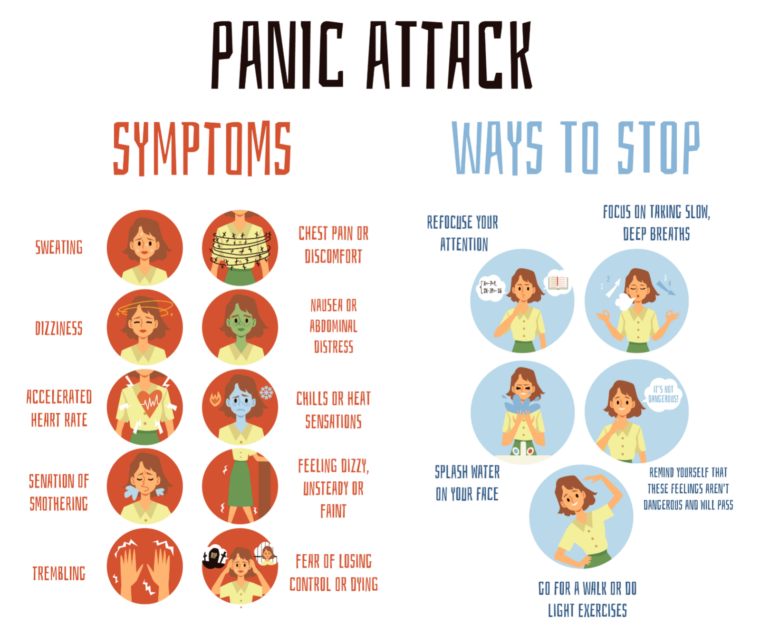
- Lifestyle Habits and Self-Management Methods
Managing panic disorder requires important lifestyle habits and self-management methods. Maintaining a regular life pattern and continuously engaging in activities for psychological stability are necessary. Additionally, regular exercise, proper diet, and stress management also help prevent and manage panic disorder.
- Long-term Management and Prevention Strategies
Panic disorder requires long-term management and prevention strategies. Regular doctor visits and maintaining a treatment plan are crucial elements for preventing and avoiding the recurrence of panic disorder. Moreover, support and understanding from people around are important. People with panic disorder need the support and a stable environment from those around them.
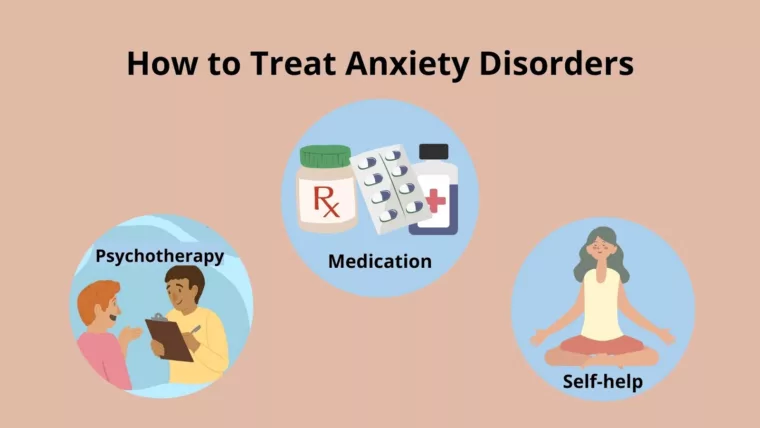
We have thoroughly discussed understanding panic disorder: causes, symptoms, and treatments. Panic disorder is a psychological condition that affects daily life and requires appropriate treatment and management. With accurate understanding and proper treatment methods, overcoming panic disorder is possible.



